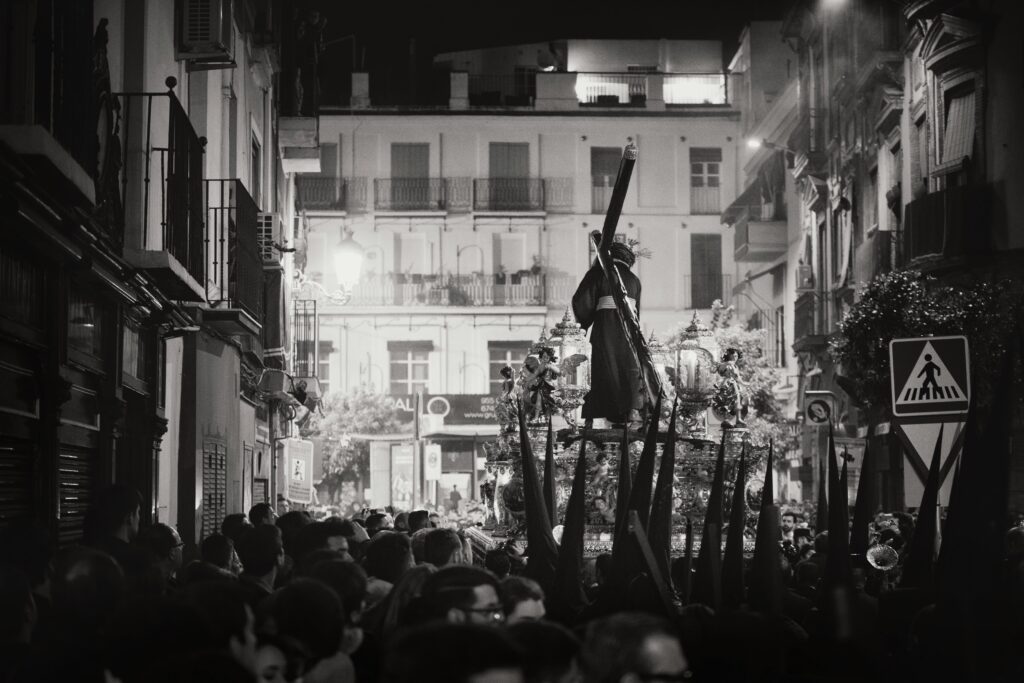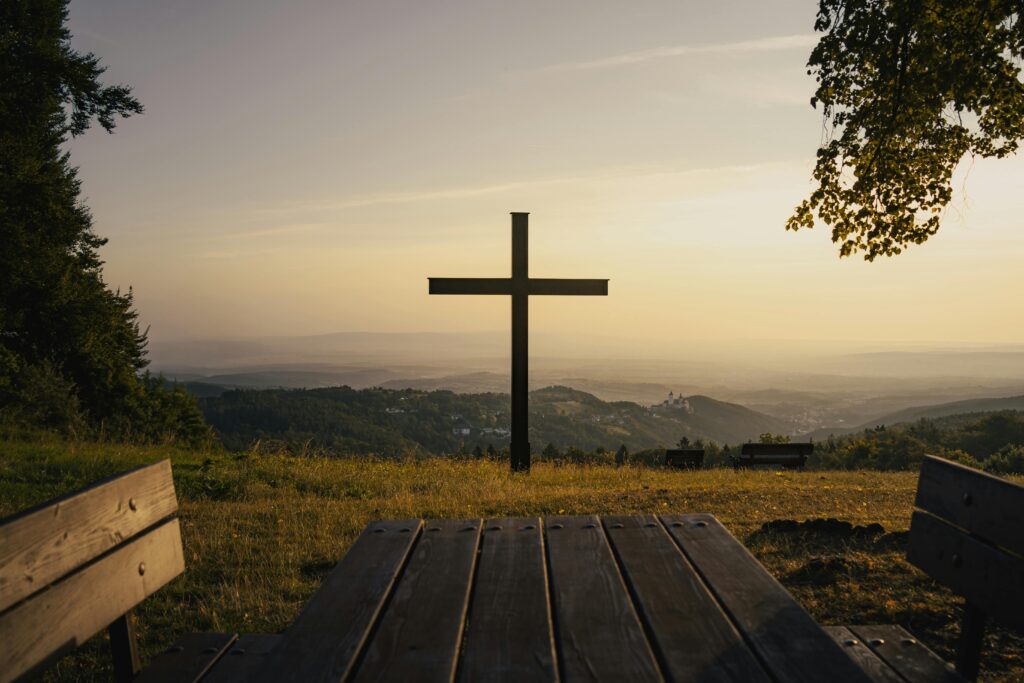Day and Night Diary
The Light of Faith in Dark Times: Reflections from the Inner Confinement of Theodor Haecker, a Lucid and Resilient Witness of the Human Soul in the Face of Totalitarianism

I have a particular fondness for diaries. I have enjoyed the thoughtful reading of Day and Night Diary (1939-1945) (Rialp, 1964) by Theodor Haecker (1879-1945), philosopher, cultural critic, translator, and illustrious representative of the German resistance to Nazism. Because of his ties to the White Rose movement, the Nazi government prohibited him from publishing books and from appearing in public. Forced into confinement, burdened by his physical ailments and a deep pain in his soul, he watched in awe as the world war unfolded. Locked in his room, during his nightly vigils, he wrote brief and profound notes on the human and the divine. What sustained him? His faith as a converted Catholic: “All my knowledge breaks down into disjointed fragments, into empty and meaningless parts, when it does not depend on faith (p. 292).”
He holds the firm conviction that “only intellectual vulgarity, and naturally also morality, when it rises to the power of shamelessness, believes and declares, even publicly, that the how does not matter, that the methods are indifferent.” He knows that it is the how that determines the value of a man or a politician: “All nobility is constituted by the ‘how’ of life, that is, by the means that are permitted and those that are not permitted (p. 26).” Hence, the revolution that Christianity brought about is that of the how (p. 22).
The how of things and life is, precisely, one of the keys to human excellence, for even if one has noble purposes, not everything is permitted to achieve them. All totalitarianism, large or small, lacks this art of measure and tends toward excess. The benevolent despot is eager to get things “now,” and it is this same passion that can lead him to commit cruel excesses, such that the good he achieves—if he achieves it—is marred by the perverse means he has used. Impatience blinds him to good judgment.
The measure of things is difficult, very difficult for human beings, and, to make it even more difficult, it is not usually distributed harmoniously among human beings: “those who have measure and moderation will not have the power to impose peace, and those who have power will impose it without measure (p. 50).” How much responsibility weighs on the soul of those who hold power!
The reflections Haecker writes continually touch on the spiritual manifestations of the person. True and false are inherent to thinking, good and evil belong to desire, happiness and unhappiness belong to feeling. Not only intelligence and will, but also, and on the same level—on a level of equal footing—feeling, which Haecker considers “the mode of being of man that is most difficult to access, precisely because feeling is so intimate and so mute despite its richness. It is the mode of the very core of being. Willing and thinking are more distant and, in their activity, are, as a rule, directed outward: they always have an object. Feeling is, so to speak, the first and primary mode of being of total being as spirit. It is about being itself and the first chord of being (pp. 84-85).” We are not only thinking, but also feeling, loving.
Haecker writes in the midst of the horror of World War II: a civilization is crumbling. Where is God the Almighty Father? He notes with simplicity: “Do not be afraid.” “With these words, almost all the messages of God’s angels to humanity begin; they now take on special importance. ‘One abyss calls to another’; the infernal abyss of organized terror opens within us the heavenly abyss of divine ‘fearlessness.’ We live in the night of faith, which, however, is our only light (p. 114).”
I am thinking, in particular, of the political, economic, and cultural turbulence of temporal realities, and also of the disconcerting upheavals within the Church. Faced with these frightening circumstances, it comes from within us to cry out: Lord, save us, we are perishing! The saying ‘fear not’ becomes relevant. Saint John Paul II began his pontificate with these words. Faith, great faith, is required to remain standing and walk with divine ‘fearlessness’ despite the darkness and obstacles along the way. In those stretches of life when the light of Christ is slow to appear, I take Haecker at his word to persevere through those nights of faith, saying: “I believe, Lord, but help my unbelief!”
After the fear and trembling, serenity immediately returns with this simple philosophical principle: “That things have sound first and dissonance second is the first principle of my philosophy,” Haecker maintains. “That is to say: that good exists before evil, truth before falsehood, beauty before ugliness (p. 113).” I’m in.
Related

The Importance of Accepting Your Partner as They Are
José María Contreras
15 April, 2025
2 min

Suffering and Resurrection in Latin America
Rodrigo Guerra
15 April, 2025
3 min

Syncretism and the Relativization of Faith: The Challenge of Religious Relativism in a Pluralist World
Javier Ferrer García
11 April, 2025
5 min

Do I Know How to Exercise Authority Over My Children?
José María Contreras
11 April, 2025
2 min
 (EN)
(EN)
 (ES)
(ES)
 (IT)
(IT)

